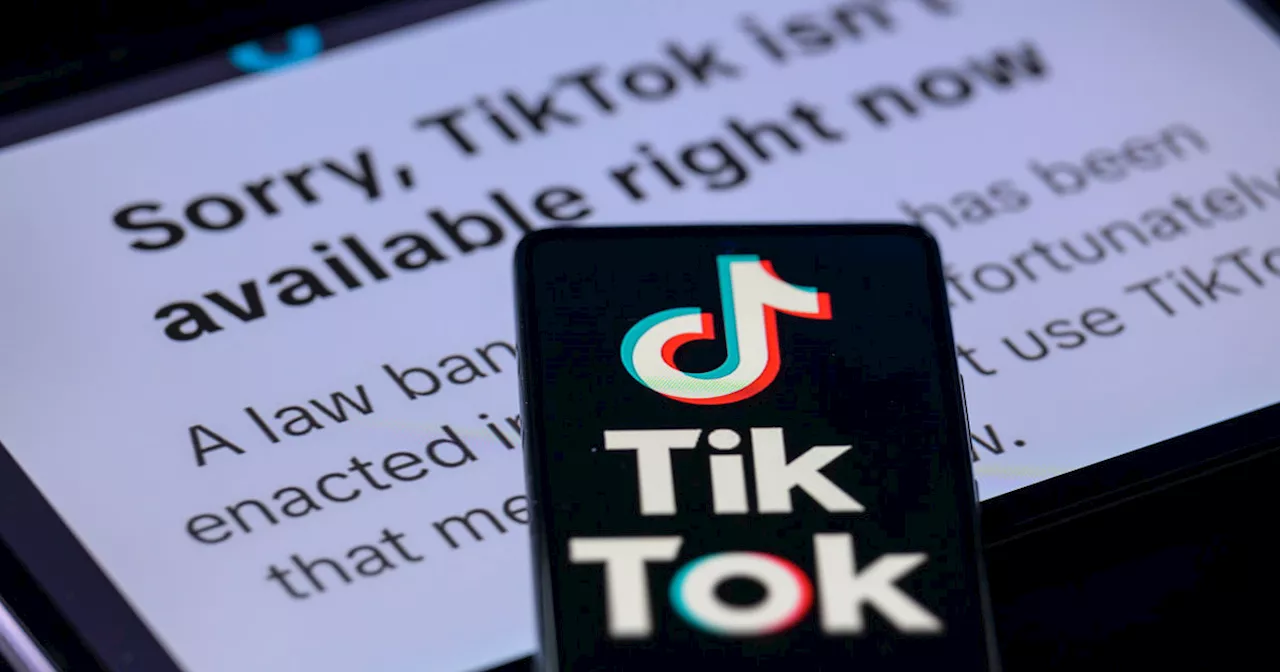This article explores the author's personal experience with banning YouTube for her children, highlighting the challenges, benefits, and societal implications of screen time in the digital age. It delves into the impact of YouTube's algorithm on children's mental well-being, the influence of technology on parenting decisions, and the collective effort required to create healthier digital environments for young minds.
A few years ago, when my oldest son was around 3, my husband and I started letting him watch YouTube videos of construction toys — diggers, steamrollers, dump trucks — doing their thing in the sand. My son absolutely loved it. He watched them when we’d go out to restaurants or while traveling, whenever we needed some instant mollifying or to shovel some food into our mouths. As time went on, the YouTube time began to increase. For the most part, I didn’t see any real harm in it.
I grew up on tons of TV and enjoy dopamine hits from social media as much as the next millennial; plus, these videos seemed relatively harmless, especially since they were infrequent. Over time though, he began watching videos of YouTubers reviewing new toys, his little sister peering over his shoulder, full of quick cuts, loud sounds, and a constant stream of new videos. Then, despite parental controls and making sure I was always in the room with them when they watched, the algorithm started to push content that was annoying at best (full of kids doing silly pranks) and encouraging bad behavior at worst (with scary and weird images that made the kids uncomfortable). Finally, last summer, after clocking that every time they watched YouTube they were more irritable and anxious, my husband and I decided to ban it completely. I felt like I’d been asleep to how much this app was impacting my kids, and by cutting it off, I was finally waking up. They were upset at first and begged to watch, but it didn’t take too long for them to get over it and move on. I told them why we’d done it, about how I could see how it was making them feel, what it was doing to their bodies and brains and behavior. I simplified it as much as possible, but I needed them to know it wasn’t a random decision, that I was doing it out of love and concern for them. Does a 5-year-old get that? No, probably not, but we did it in conjunction with his best friend’s family, so at least it wasn’t totally alienating for him to not have access to it anymore. His little sister, on the other hand, screamed, cursing me and her dad, and took every chance she could to try and sneak it, craving a hit of one of those annoying YouTubers she’d become obsessed with. I tried to tell them both that Early on, I would give in sometimes — I’m only one woman — but I held more firm the longer we went without it. The change was too huge to not stick with it. It’s been over a year now and they’re not as cranky, angry, or amped up at bedtime. But we don’t live in a bubble, and one of the big reasons I think it worked is because we did alongside friends their own age. School is another story. This school year, a mom at my kids’ school, Anna, was inspired to start a parent council group, using Jonathan Haidt’s book,, as a launchpad to talk about taking an organized approach to cutting down smartphones and social media as a community. “So when my kid comes home in grade two and wants a phone, it won’t just be me saying no,” she says. Before reading the book, she’d already made a big change at home after realizing she’d “become dependent on my phone as a single mom during the pandemic.” She realized she couldn’t say no to TV while she was. Her usage bled over to his usage, so she made a change. The iPad only gets used during travel and the rest of the time it lives in a drawer. He isn’t allowed to play video games, there’s no YouTube and no playing with her phone. Even the TV only comes on during the weekend. They’re not totally screen free — but it’s more extreme than probably the majority of the other parents at school. A lot of people, myself included, are still struggling to figure out the right mix of screens at home — what’s okay and what’s not — but Anna liked what changing her family’s screen time did for her household, their time together at home feels more connected and meaningful and both their moods at home have improved. But even still, it hasn’t been easy. “He still cries over it,” she said. When I posted on my private Instagram account recently about banning YouTube, a mom I know DM’d me to say that her kids use the platform a lot and she feels it’s actually taught them a lot, including fast-tracking her daughter’s reading and fueling her son’s creativity. “It depends on the kid,” she said. I might have agreed with that a year ago, but it’s not about the ability of an individual kid to navigate these spaces, it’s about the damage these spaces do to the person navigating them. We’ve all seen how the people behind these platforms have taken their masks off in the past few months — Meta founder and CEO Mark Zuckerberg’s about-face on things like content moderation and what constitutes hateful language is especially horrifying — revealing how little they care about the safety of our kids. In fact, we’ve known for years that these same tech execsof the serious impact it can have on kids, including self-harm, anxiety, and depression
SCREEN TIME CHILDREN YOUTUBE MENTAL HEALTH TECHNOLOGY PARENTING DIGITAL AGE ALGORITHM SOCIAL MEDIA
United States Latest News, United States Headlines
Similar News:You can also read news stories similar to this one that we have collected from other news sources.
 Supreme Court Upholds TikTok Ban, Forcing Sale by Chinese Parent CompanyThe Supreme Court has upheld a federal law that bans web hosting companies from hosting TikTok, forcing the Chinese-owned social media platform to be sold. While existing users can continue accessing the app, new downloads will be prohibited, effectively rendering the app unusable in the long run. The law, driven by national security concerns about TikTok's data collection practices and ties to the Chinese government, was passed with bipartisan support in Congress.
Supreme Court Upholds TikTok Ban, Forcing Sale by Chinese Parent CompanyThe Supreme Court has upheld a federal law that bans web hosting companies from hosting TikTok, forcing the Chinese-owned social media platform to be sold. While existing users can continue accessing the app, new downloads will be prohibited, effectively rendering the app unusable in the long run. The law, driven by national security concerns about TikTok's data collection practices and ties to the Chinese government, was passed with bipartisan support in Congress.
Read more »
 Supreme Court Upholds Ban on TikTok Unless Sold by Chinese Parent CompanyThe Supreme Court has sided with the law banning TikTok in the US unless it's sold by its Chinese parent company, prioritizing national security concerns over free speech.
Supreme Court Upholds Ban on TikTok Unless Sold by Chinese Parent CompanyThe Supreme Court has sided with the law banning TikTok in the US unless it's sold by its Chinese parent company, prioritizing national security concerns over free speech.
Read more »
 TikTok ban upheld by Supreme Court days before law takes effectTikTok faces a ban on Sunday, unless it cuts ties with parent company ByteDance.
TikTok ban upheld by Supreme Court days before law takes effectTikTok faces a ban on Sunday, unless it cuts ties with parent company ByteDance.
Read more »
Texas schools rescind Bible ban; Republican-backed book ban standsAfter citing a Republican-backed law to initiate a Bible ban, Canyon Independent School District announced the religious text will stay.
Read more »
 TikTok Ban: Trump Suggests He’ll Delay Ban—Here’s Everything We KnowThe app’s availability in the U.S. has been thrown into jeopardy over data privacy and national security concerns.
TikTok Ban: Trump Suggests He’ll Delay Ban—Here’s Everything We KnowThe app’s availability in the U.S. has been thrown into jeopardy over data privacy and national security concerns.
Read more »
 TikTok ban live updates: App unavailable in U.S. after Supreme Court upholds banTikTok confirmed that it plans to go dark on January 19 unless the company is given more clarity from the Biden Administration and Department of Justice regarding the ban that is scheduled to go into effect.
TikTok ban live updates: App unavailable in U.S. after Supreme Court upholds banTikTok confirmed that it plans to go dark on January 19 unless the company is given more clarity from the Biden Administration and Department of Justice regarding the ban that is scheduled to go into effect.
Read more »
